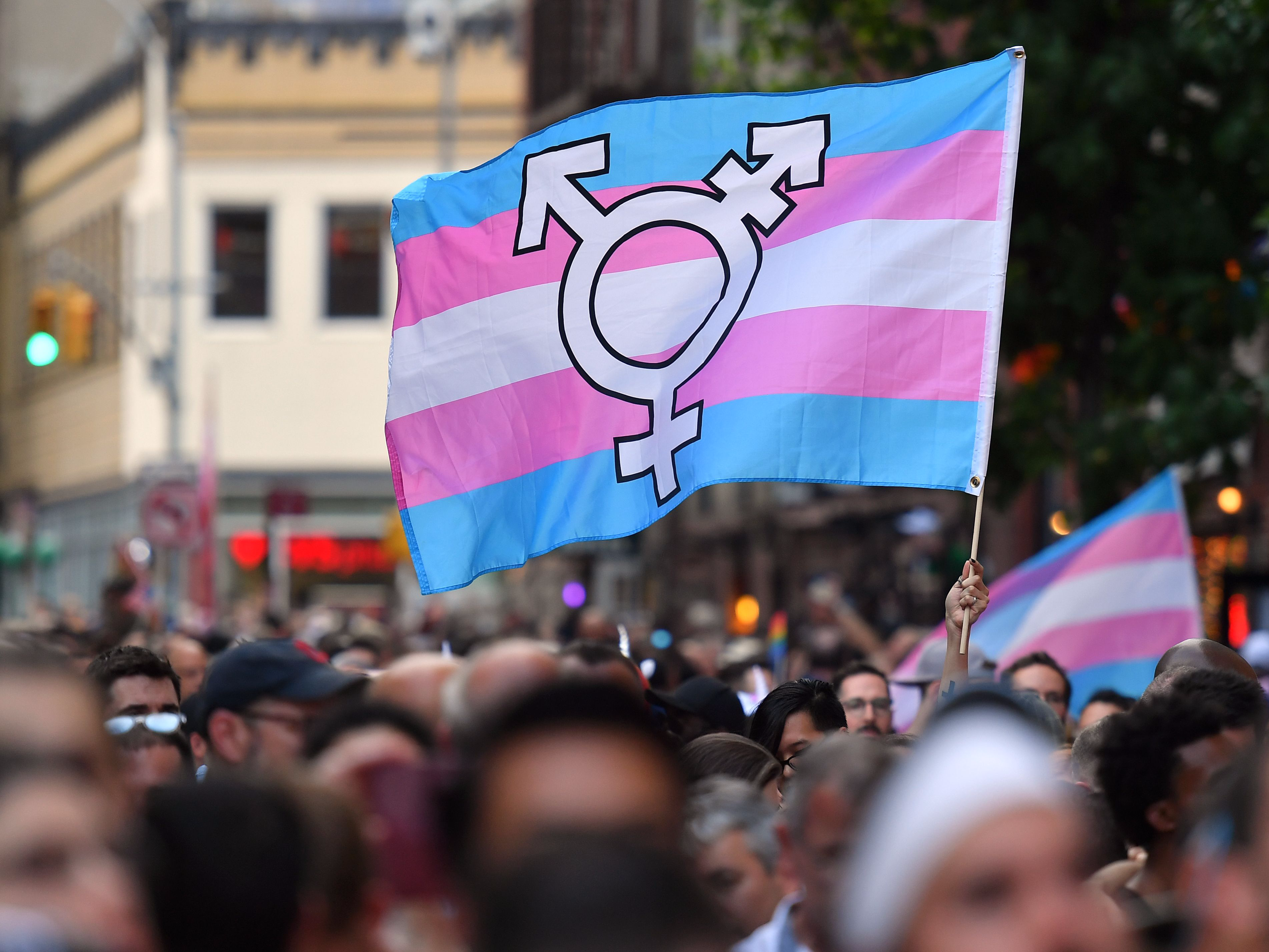- The Trevor Project released a report that found being cut off from community and friends could have a negative impact on the mental health of queer and transgender youth.
- While LGBTQ people have historically been at a disproportionate risk of experiencing anxiety, depression, and suicidal thoughts, prolonged quarantines could mean higher exposure to triggers like housing insecurity and abuse.
- “The COVID-19 global pandemic has the potential to exacerbate these ongoing concerns and to create new, unique problems for LGBTQ youth,” Amit Paley, CEO and Executive Director of The Trevor Project, said.
- Visit Insider’s homepage for more stories.
Extended coronavirus quarantines around the world are leading to an increase in the number of people feeling isolated, financially unstable, and cut off from community. A new report has found that this is especially true for LGBTQ youth.
The report, released by the Trevor Project – the world’s largest LGBTQ suicide prevention and crisis intervention organization – found LGBTQ youth might be at a higher risk for depression and suicide because of the negative impacts of coronavirus physical distancing restrictions.
While LGBTQ people have historically been at a disproportionate risk of experiencing household abuse, financial and housing insecurity, and isolation, social distancing guidelines could worsen these issues and cause more suicidal ideation and severe depression.
“The COVID-19 global pandemic has the potential to exacerbate these ongoing concerns and to create new, unique problems for LGBTQ youth,” Amit Paley, CEO & Executive Director of The Trevor Project, said in a statement.
A decrease in "positive social interactions" could leave queer teens more isolated than ever before

LGBTQ youth often rely on spaces like community centers and identity-affirming support groups to feel less isolated, and being cut off from those networks of care can be damaging.
"We know that positive social connections are vital for suicide prevention and we are hearing from an increased number of LGBTQ young people who no longer have access to their usual support systems," Paley said.
Less-than-ideal quarantine partners can also have a negative effect on the mental health of queer young people. High schoolers may have to spend more time with their parents, and college students may need to move back home. This could lead to exposure to homophobia or transphobia from family members.
The report also found that for some LGBTQ youth, leaving college may lead to housing insecurity coupled with financial uncertainty.
As a result, the Trevor Project has recently seen a significant uptick in LGBTQ youth reaching out for support.
"It's critical to remember that physical distancing does not have to mean social isolation," Paley said. "Do all you can to stay connected with your friends, family, or chosen family. If you have access, try using the Internet to contact loved ones or to find affirming community online, like on TrevorSpace."
If you are a member of the LGBTQ community and experiencing thoughts of depression or suicide, please call, chat, or text with The Trevor Project.
Read More:
Teens give us their best advice on using social media to date while in quarantine
